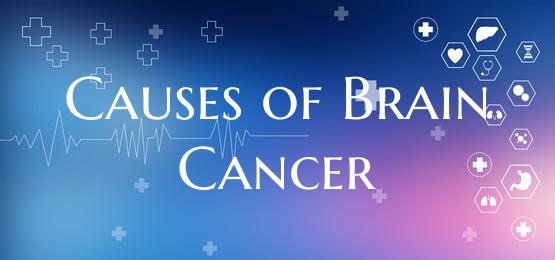
Causes of Brain Cancer
Brain cancer is a complex and devastating disease that arises from the abnormal growth of cells in the brain. There are several known factors that can contribute to the development of brain cancer, although in many cases the exact cause remains unclear. Understanding these potential causes is crucial for both prevention and treatment of this life-threatening condition.
1. Genetic Factors: In some cases, brain cancer can be linked to genetic factors. Certain inherited conditions, such as neurofibromatosis and Li-Fraumeni syndrome, increase the risk of developing brain tumors. Genetic mutations can also occur spontaneously, leading to uncontrolled cell growth and tumor formation.
2. Radiation Exposure: Exposure to ionizing radiation, whether from medical treatments (such as radiation therapy for other cancers) or environmental sources (such as nuclear accidents or certain occupations), has been identified as a risk factor for brain cancer. The damaging effects of radiation on brain cells can trigger mutations that promote cancer development.
3. Age and Gender: Brain cancer can occur at any age, but certain types of brain tumors are more common in specific age groups. For example, glioblastoma multiforme, a highly aggressive brain tumor, is more frequently diagnosed in older adults. Additionally, some types of brain cancer, such as meningioma, are more common in women than in men.
4. Chemical Exposure: Prolonged exposure to certain chemicals, such as pesticides, industrial solvents, and other carcinogens, has been linked to an increased risk of developing brain cancer. These substances can disrupt cellular processes and DNA structure, paving the way for tumor formation.
5. Viral Infections: While less common, certain viral infections have been implicated in the development of brain cancer. For instance, the human cytomegalovirus (CMV) has been found in some brain tumor tissues, although the exact role of the virus in cancer development is still under investigation.
6. Immune System Suppression: Individuals with weakened immune systems, either due to medical conditions or immunosuppressive therapies, may have a higher risk of developing brain cancer. A compromised immune response may fail to detect and eliminate abnormal cells, allowing them to proliferate unchecked.
7. Lifestyle Factors: While the direct link between lifestyle choices and brain cancer risk is less clear compared to other cancers, certain factors like smoking, excessive alcohol consumption, obesity, and poor diet may contribute to overall cancer risk, including brain tumors.
In conclusion, brain cancer is a multifaceted disease with a range of potential causes, including genetic predisposition, environmental exposures, viral infections, and lifestyle factors. By understanding these underlying factors, researchers and healthcare providers can work towards better prevention strategies and more effective treatments for this challenging condition.